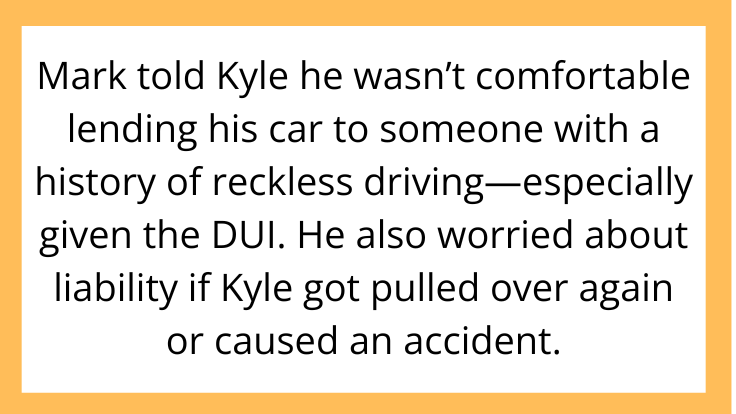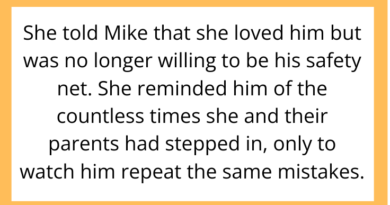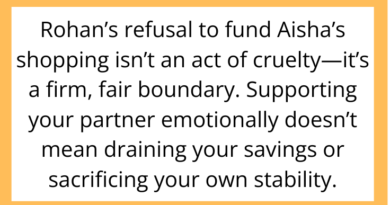AITAH for Refusing to Lend My Car to My Brother After He Lost His License?
When it comes to family, the lines between help and enabling can blur in an instant. Today’s AITAH scenario dives into a heated debate: Should you let a family member borrow something valuable—like your car—when their own actions caused them to lose that privilege?
Let’s unpack this story of trust, responsibility, and resentment.
The Situation: One Bad Decision After Another
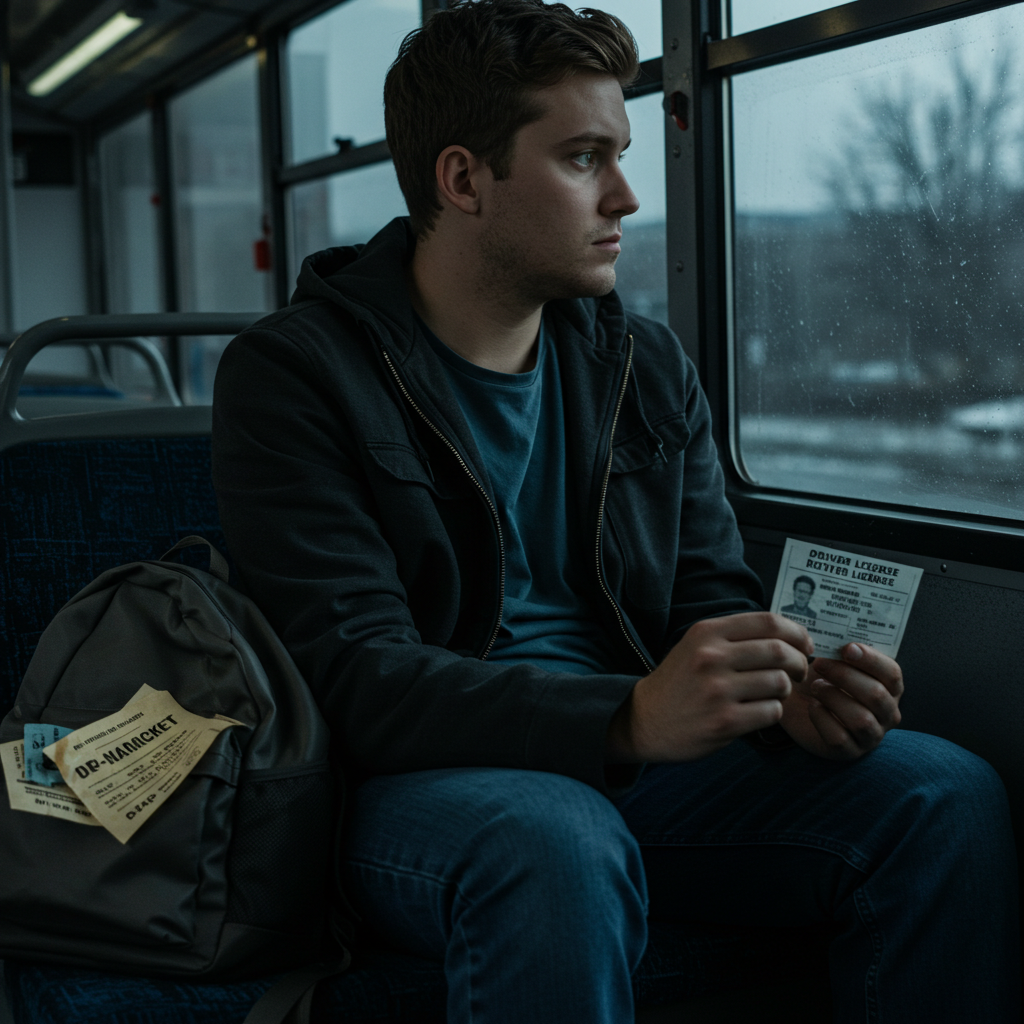
The original poster—let’s call him Mark, 32—shared on r/AITAH that his younger brother, Kyle, 28, had his driver’s license suspended after multiple speeding tickets and a final incident involving driving under the influence.
For several months, Kyle relied on rideshares, buses, and friends. Now, he has a restricted license for essential trips—work and medical appointments only. But he doesn’t have a reliable vehicle of his own, since he sold his car to pay off fines.
Recently, Kyle approached Mark with a request:
“Can I borrow your car a few days a week so I can get to work?”
Mark said no.
The Refusal: Setting Boundaries (and Getting Backlash)

Mark told Kyle he wasn’t comfortable lending his car to someone with a history of reckless driving—especially given the DUI. He also worried about liability if Kyle got pulled over again or caused an accident.
Kyle was furious. He accused Mark of being judgmental, selfish, and “holding his mistakes over his head forever.” Their mother also chimed in, saying Mark should help because “family sticks together.”
Mark countered that helping doesn’t mean risking thousands in potential damages and higher insurance premiums.
Feeling guilty, he turned to Reddit to ask: AITAH for refusing to lend my car?
Reddit Responds: Support for Protecting Yourself

The overwhelming consensus? Mark is not the villain.
Here’s why:
-
Past Behavior Is the Best Predictor: Kyle has a track record of driving irresponsibly. Lending him a car isn’t just generous—it’s a gamble.
-
Liability Concerns Are Valid: If Kyle had an accident or violated his license restrictions, Mark could be financially and legally responsible.
-
Boundaries Are Healthy: Helping doesn’t have to mean sacrificing your peace of mind or risking serious consequences.
One commenter summed it up perfectly:
“You’re not punishing him—you’re protecting yourself. Actions have consequences.”
The Family Angle: When Helping Hurts

Many people in the AITAH community noted that family pressure often escalates situations like this. Parents or siblings may see refusal as betrayal, but in reality, enabling someone’s poor decisions can do more harm in the long run.
If Mark lent the car and Kyle reoffended, it could damage their relationship even more—not to mention create massive legal and financial headaches.
Could There Be a Middle Ground?

Some users suggested possible compromises:
-
Offering to help Kyle find a cheap used car
-
Paying for a rideshare service temporarily (if affordable)
-
Helping Kyle create a budget to save up for transportation
-
Giving occasional rides instead of handing over the keys
But ultimately, even these options depend on whether Mark feels comfortable—and whether Kyle is willing to take responsibility.
Why This Scenario Resonates
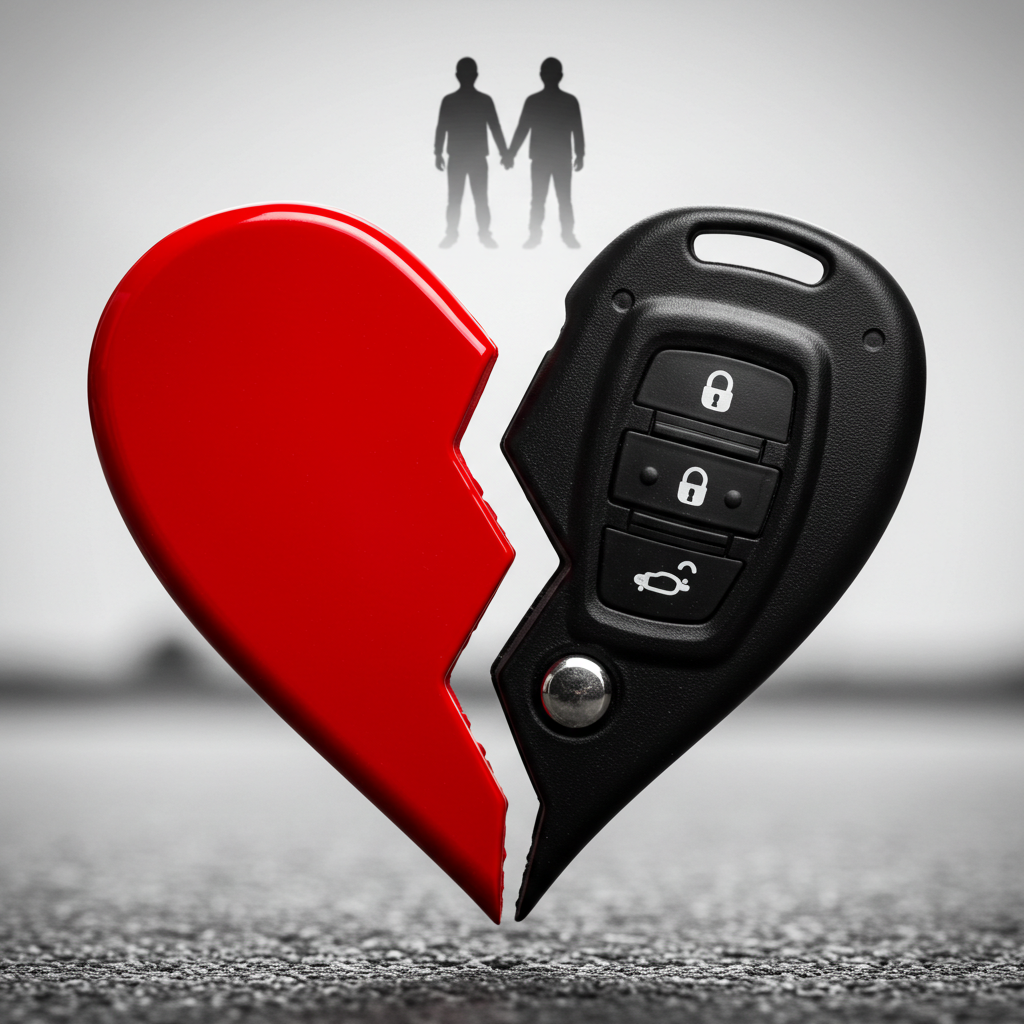
This AITAH story is relatable because so many people have faced similar dilemmas:
-
Should you help someone who’s in trouble because of their own choices?
-
At what point does helping cross the line into enabling?
-
How do you handle guilt when family expectations collide with your boundaries?
The truth is, boundaries aren’t cruel. They’re necessary for trust and respect to exist long-term.
Final Thoughts: You’re Not Obligated to Sacrifice Your Safety
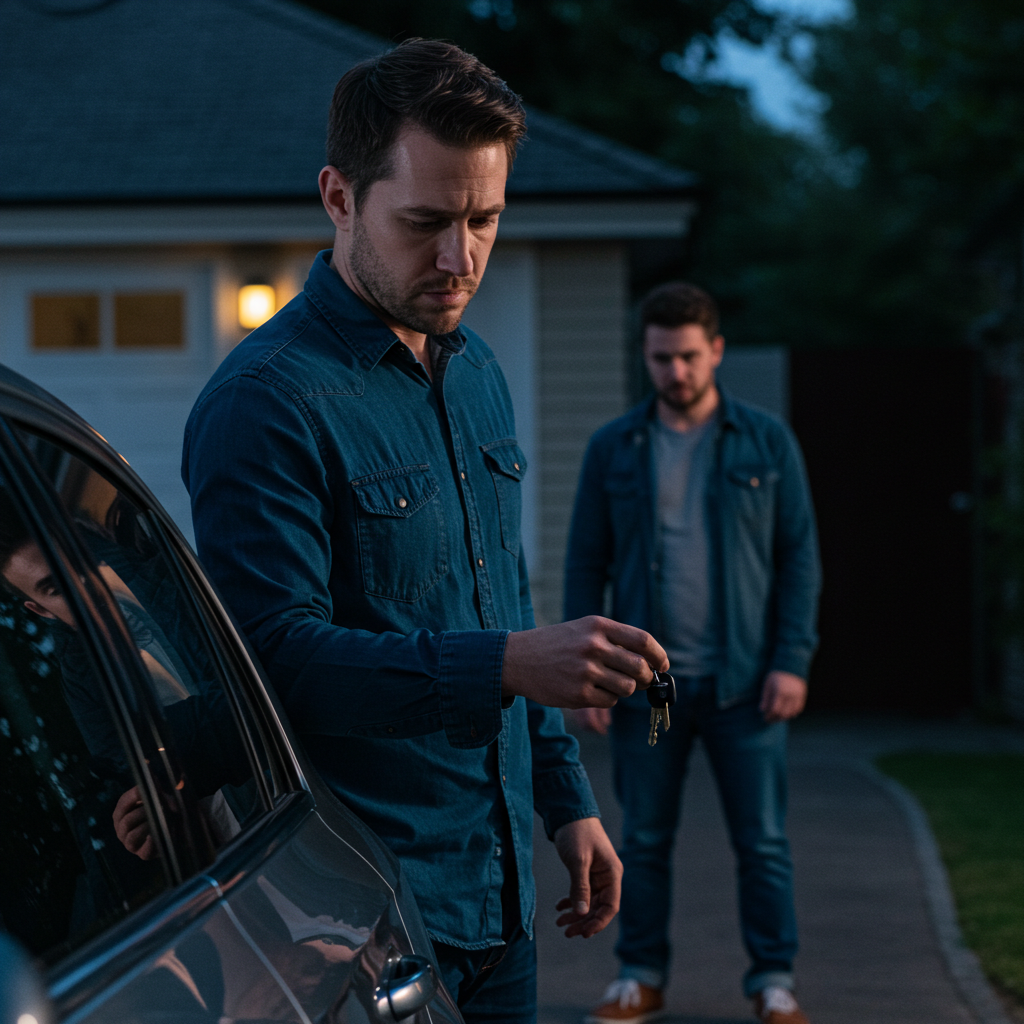
Mark’s refusal doesn’t make him a villain. It makes him a responsible adult who understands that love doesn’t always mean saying yes.
If Kyle wants to rebuild trust, he needs to demonstrate accountability—like attending driving courses, paying his fines, and showing he can follow the law.
Until then, Mark has every right to keep his car keys exactly where they belong.
